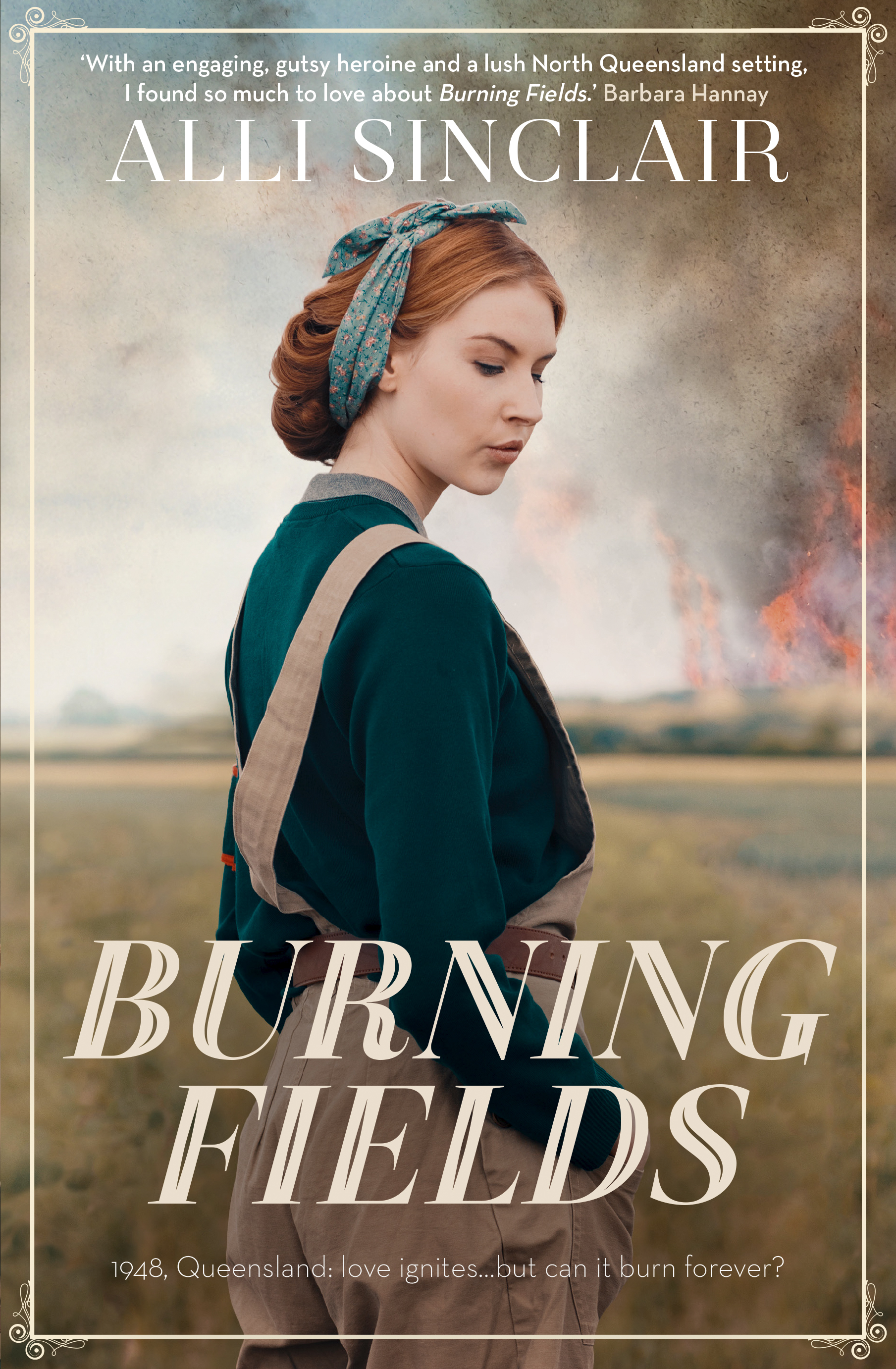What do you think?
Rate this book


Romeo and Juliet set in Queensland's sugar cane fields in 1952, as the daughter of an Anglo-Australian family falls for an Italian immigrant against the wishes of her family.
1948 The world is struggling to regain a sense of balance after the devastation of World War II, and the sugar cane–growing community of Piri River in northern Queensland is no exception.352 pages, Kindle Edition
First published November 6, 2018